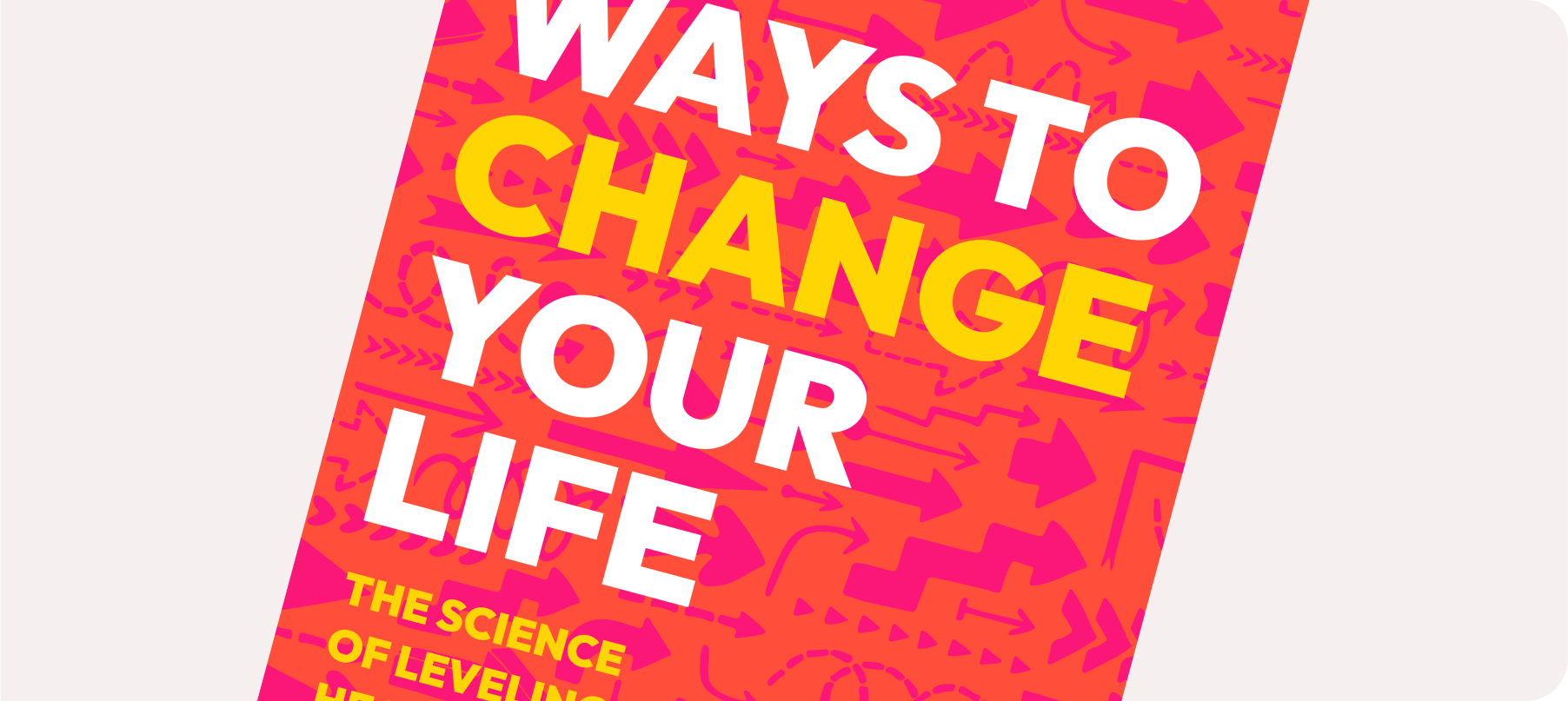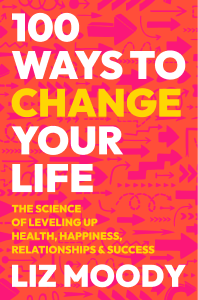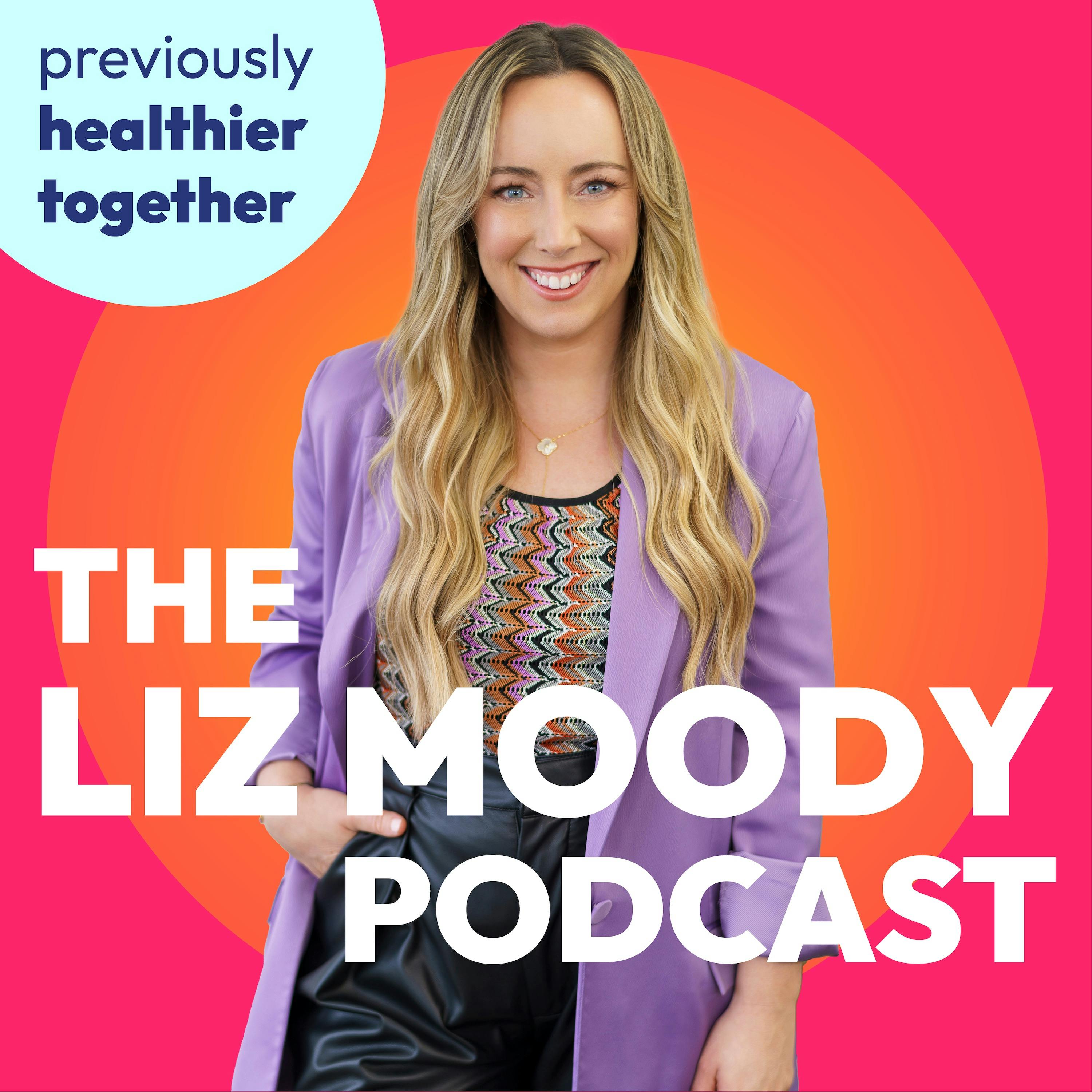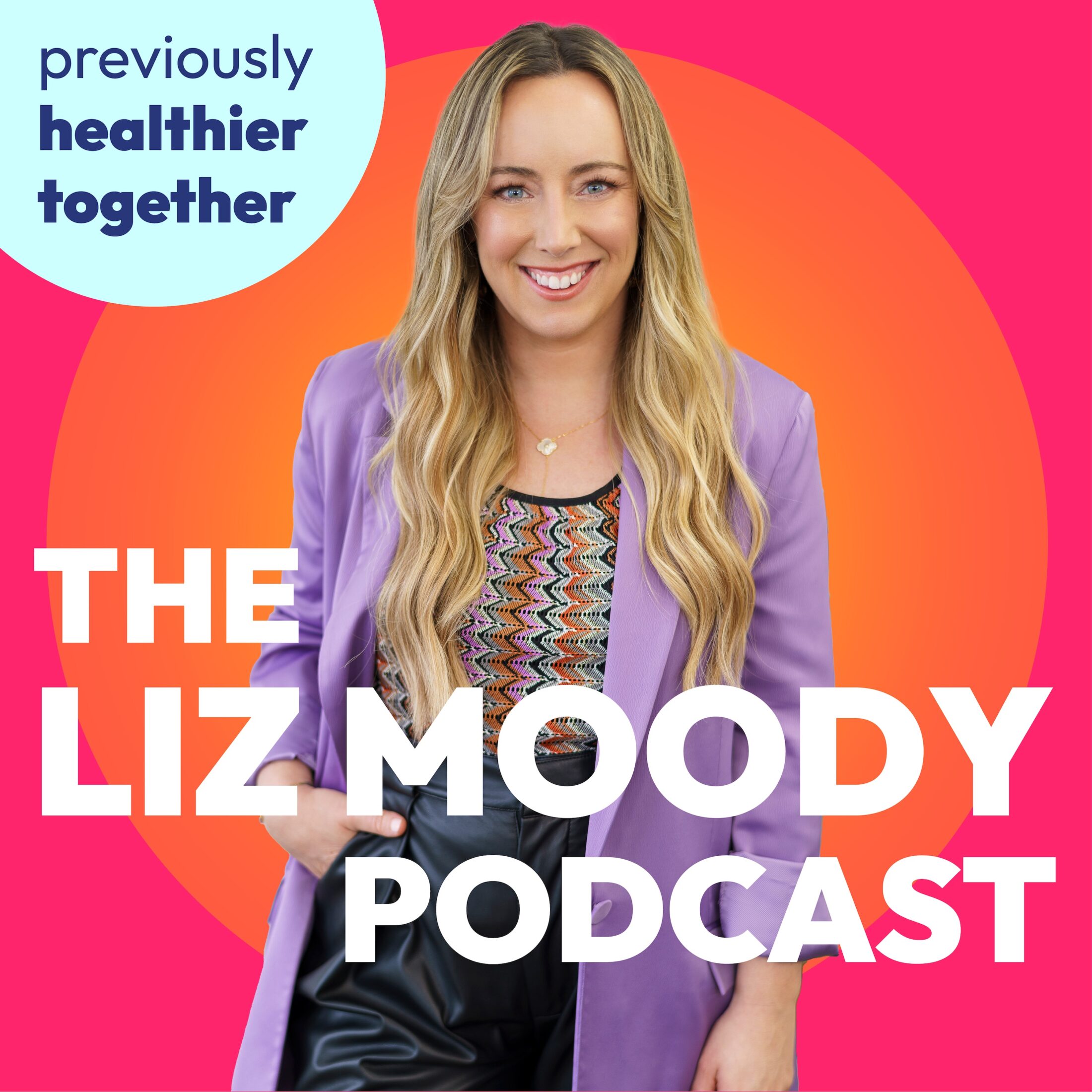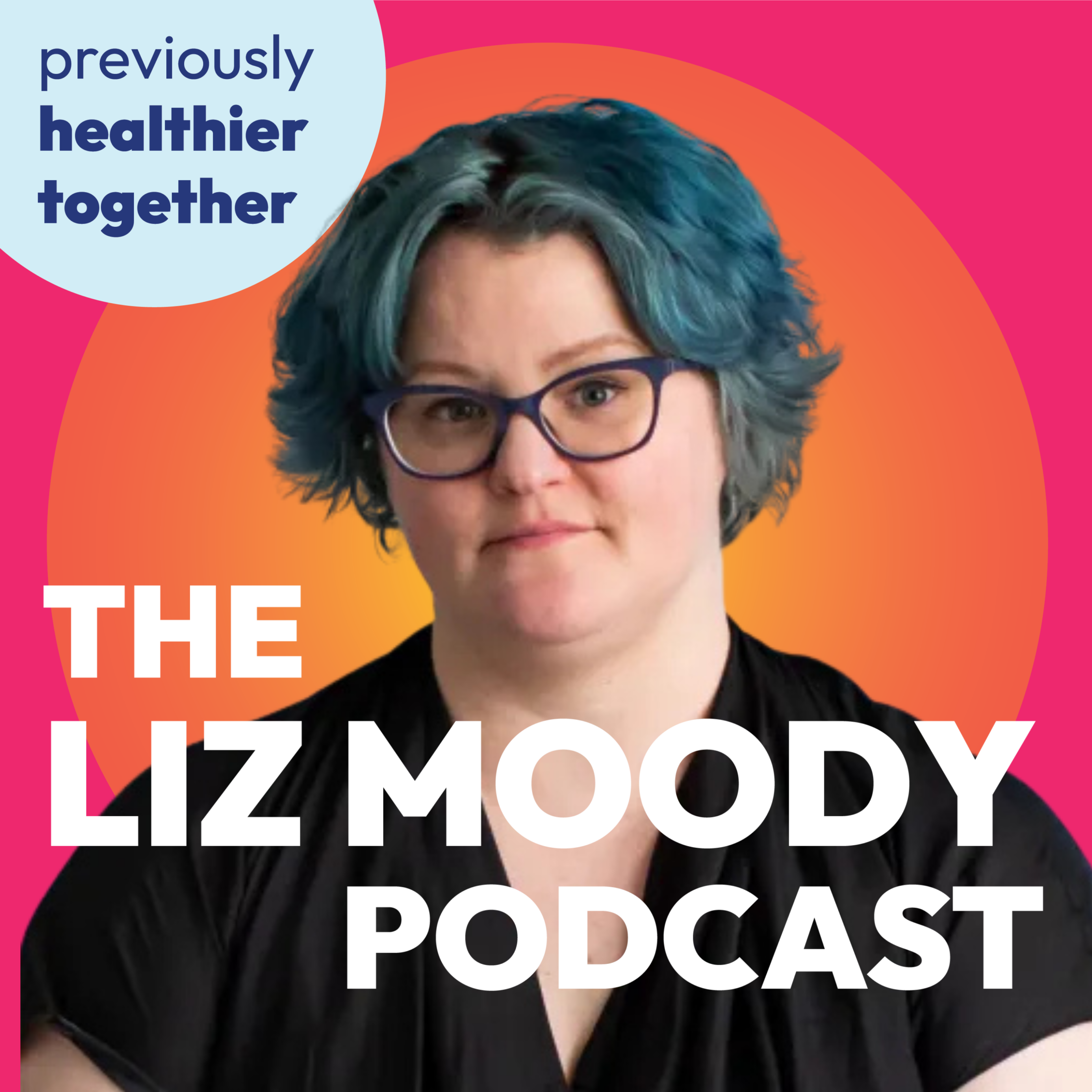Leading metabolic health doctor Casey Means, MD discusses exact lifestyle, exercise, and nutritional interventions for sustainable weight loss, the impact of metabolic health & Ozempic on fertility, what causes weight gain while you age, and more.
In this episode of the Liz Moody Podcast, Liz welcomes back Dr. Casey Means, author of New York Times best-selling book Good Energy, to continue their in-depth discussion on weight loss, metabolic health, and Ozempic. They explore key factors influencing health and longevity, focusing on the cellular level and mitochondria. The conversation covers resistance training, high-intensity interval training, and endurance workouts as pivotal for mitochondrial health. Additionally, they delve into the impact of lifestyle choices on metabolism, weight management, and fertility. Dr. Means provides actionable insights and emphasizes the importance of holistic approaches versus reliance on medications like Ozempic.
- 02:49 Exercise and Mitochondrial Health
- 07:37 Nutritional Support for Mitochondria
- 14:55 Challenges of Weight Loss with Age
- 17:05 The Role of Muscle Mass in Weight Loss
- 19:17 New Weight Loss Drugs: Mounjaro and Beyond
- 23:17 Ozempic for Kids: A Controversial Debate
- 27:42 Systemic Issues in Healthcare and Metabolic Health
- 35:24 The Cost of Healthcare and Obesity
- 35:56 Community and Family Health Interventions
- 38:23 The Healthcare System’s Treatment of Chronic Diseases
- 43:17 The Impact of Ozempic on Addictions
- 44:23 The Secret Use of Ozempic Among Celebrities
- 46:31 The Importance of Metabolic Health Over Weight
- 50:58 Ozempic and Unexpected Fertility Benefits
- 53:52 The Infertility Crisis as a Metabolic Issue
- 56:34 A Call to Action for Better Health Solutions
- 59:16 Practical Steps for Improving Metabolic Health
For more from Casey, you can find her on Instagram @drcaseyskitchen or www.caseymeans.com. You can find her new book, Good Energy: The Surprising Connection Between Metabolism and Limitless Health, where books are sold.
To join The Liz Moody Podcast Club Facebook group, go to https://www.facebook.com/groups/thelizmoodypodcast.
Ready to uplevel every part of your life? Order my new book 100 Ways to Change Your Life: The Science of Leveling Up Health, Happiness, Relationships & Success now!
This episode is sponsored by:
Puori: go to puori.com/LIZMOODY and use promo code LIZMOODY for 20% sitewide.
Osea: get 10% off your first order at oseamalibu.com with code LIZMOODY10.
Molly’s Suds: go to mollyssuds.com/LIZMOODY and use code LIZMOODY for 20% off.
Seed: go to seed.com/lizmoody and use code LIZMOODY for 25% off your first month.
The Liz Moody Podcast cover art by Zack. The Liz Moody Podcast music by Alex Ruimy.
Formerly the Healthier Together Podcast.
This podcast and website represents the opinions of Liz Moody and her guests to the show. The content here should not be taken as medical advice. The content here is for information purposes only, and because each person is so unique, please consult your healthcare professional for any medical questions.
The Liz Moody Podcast Episode 251.
